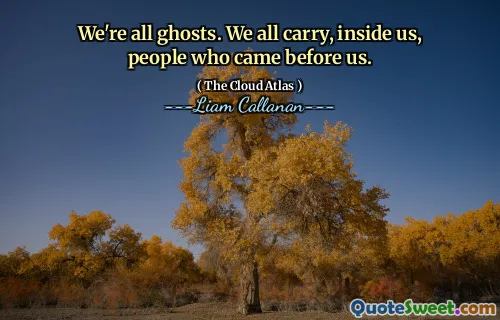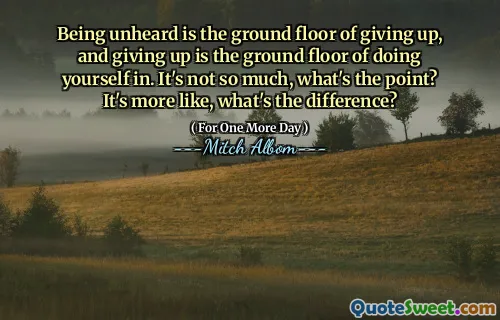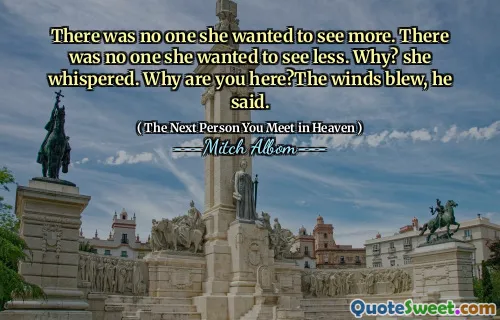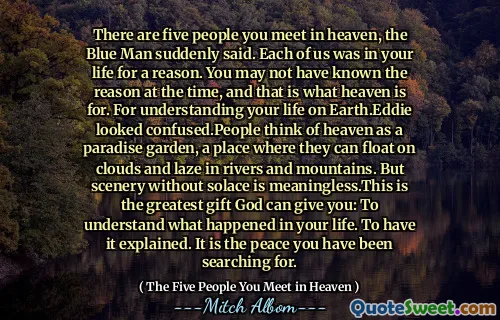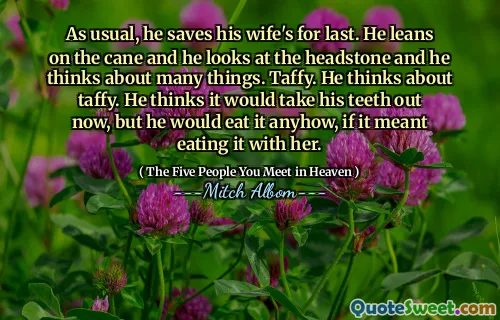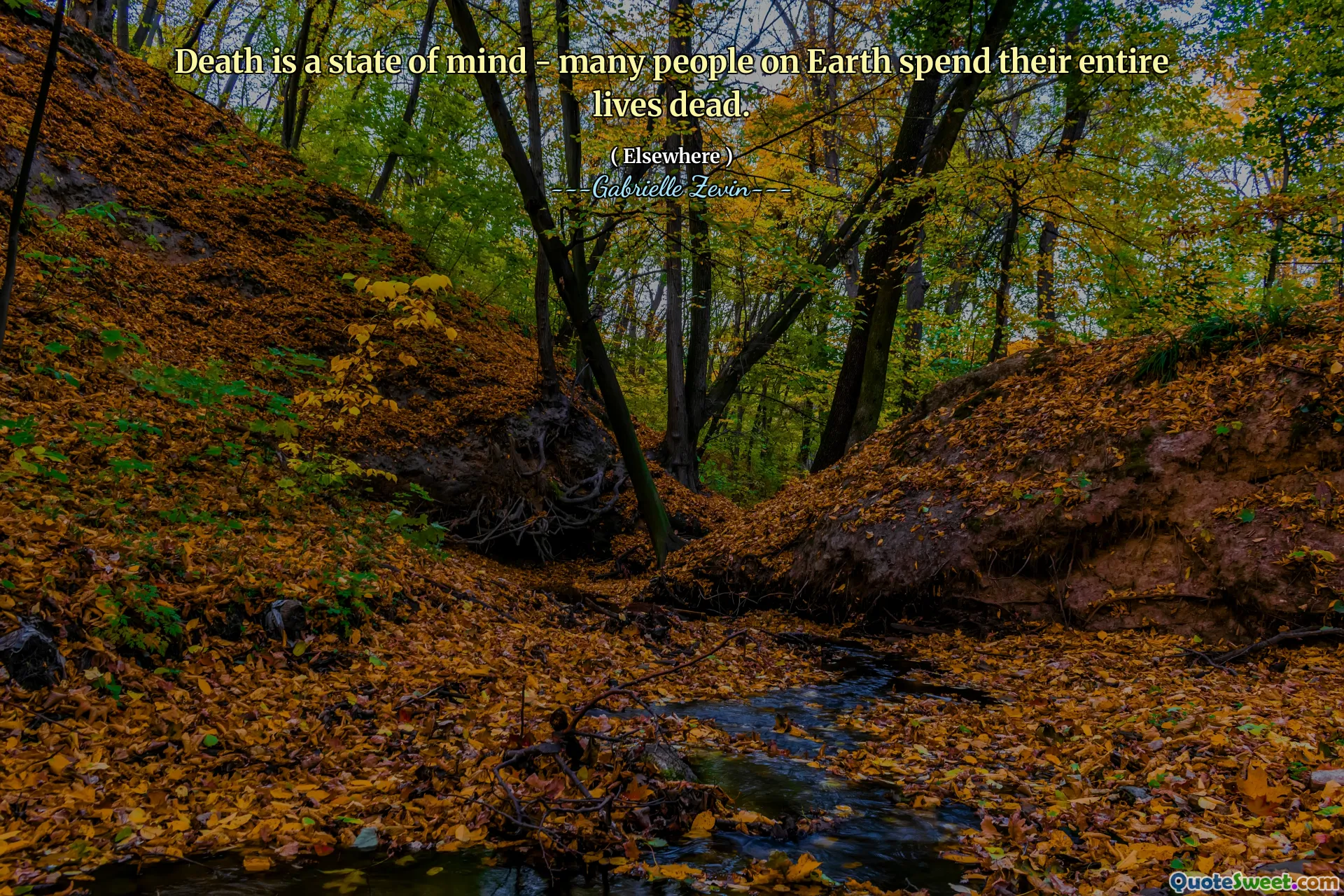
Death is a state of mind - many people on Earth spend their entire lives dead.
This quote from Gabrielle Zevin's Elsewhere poetically challenges our understanding of what it means to truly be "alive." At its core, it delves into the distinction between physical existence and mental or emotional vitality. The idea that "death is a state of mind" suggests that to be alive isn't just to breathe or to exist physically, but to engage actively with life, to feel, to dream, and to embrace the continuous flow of experiences around us.
The latter part of the quote, "many people on Earth spend their entire lives dead," serves as a sobering reflection on how easily one can become a passive observer in their own life. It may refer to those who exist in routine, complacency, or disconnection—people who might be going through the motions without true passion, purpose, or presence. This can stem from a variety of causes: fear, dissatisfaction, loss, or societal pressures that numb our natural curiosity and vitality.
Philosophically, this quote resonates with existentialist themes that emphasize authenticity and true living. It reminds us to break free from mental constraints, to refuse to simply exist in a mechanical or disengaged way. It invites us to reconsider what it means to be “dead” while alive—it's not mortality that should concern us most, but a lack of genuine living.
In a broader sense, it can inspire a renewed appreciation for mindfulness and intentionality. By cultivating awareness, passion, and connection with our surroundings, relationships, and ourselves, we can ensure that we are more than mere breathing bodies—we can be truly alive in body, mind, and spirit.

